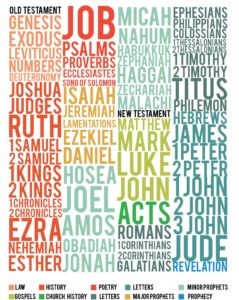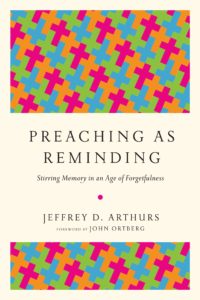
In one of the main passages devoted to guiding pastoral ministry, Paul says to Timothy,
“Practice these things, immerse yourself in them, so that all may see your progress.” (1 Timothy 4:15)
I am currently two-thirds through writing a manuscript for my second full-length book tentatively titled, Preacher As Soul-Watcher. 1 Timothy 4:14-16 is the second of two passages that create a strong foundation for a theology of preaching in church.
The research and writing, along with teaching Advanced Homiletics for Lancaster Bible College|Capital Seminary & Graduate School, affords me opportunities to see new material such as Jared Alcántara’s book, The Practices of Christian Preaching: Essentials for Effective Proclamation (Baker Academic, 2019).

I had the privilege of meeting Jared when he was a student at Gordon Conwell Theological Seminary and attending the Evangelical Homiletics Society. I was thrilled to receive a copy of his book.
In describing famous saxophonist, Charlie Parker, Jared wrote that he “majored in zeal and minored in skill” (p. 2).
Probably that’s not what you and I want our congregants to say about us!
Jared’s research for the introduction led him to the phrase, “deliberate practice” (p. 5). If you’ve played a sport or instrument you know it’s possible to practice poorly. So, you know it’s possible to preach week after week–a few weeks ago I surpassed the 2,000 sermon mark–and not get any better.
Jared writes, “The central claim of this book is that preachers who cultivate life-giving preaching habits through deliberate practice will enhance their proficiency, grow in their commitment, and flourish in their homiletical ministry” (p. 5).
Okay, we could have some interesting discussions about this especially the last part which doesn’t take into account those preacher who enter dysfunctional churches, experience oppressive cultures, move on to their next assignment, preach the same way and flourish. But that’s not important right now.
What is is that it’s possible to preach and not practice the craft and all that’s wrapped up in the craft including the spiritual disciplines.
And Paul was the one who wrote for God, “Practice these things…” It’s very likely that His gift + your deliberate work + His blessing, including providing your congregants with ears to hear, can continue to give Him glory in the church and in Christ Jesus (Ephesians 3:21),
Randal












